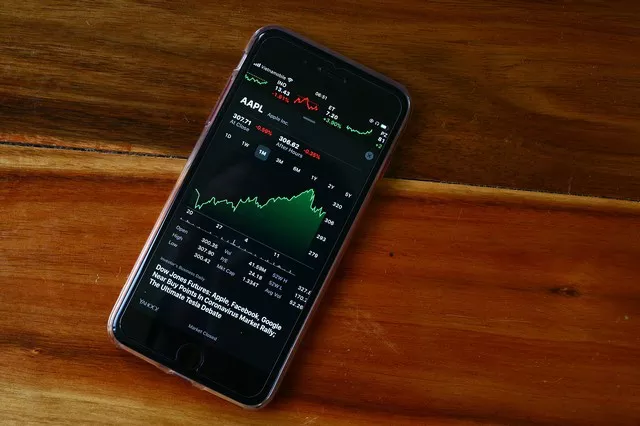In the realm of financial markets, Dow Jones futures play a pivotal role in providing insights into market sentiment, trends, and potential price movements. As a derivative instrument based on the Dow Jones Industrial Average (DJIA), understanding what Dow Jones futures mean is essential for traders, investors, and market participants.
1. Defining Dow Jones Futures
Dow Jones futures represent contractual agreements to buy or sell the Dow Jones Industrial Average at a predetermined price on a specified future date. These futures contracts offer traders and investors the opportunity to speculate on the DJIA’s future direction without owning the individual stocks that comprise the index.
2. The Dow Jones Industrial Average (DJIA)
The DJIA, often referred to simply as the Dow, is one of the most widely recognized stock market indices globally. Comprising 30 blue-chip companies across various sectors, the DJIA serves as a benchmark for the overall health and performance of the U.S. stock market.
3. Price Discovery and Market Expectations
Dow Jones futures serve as a mechanism for price discovery and market expectations. The futures market reflects traders’ collective views on the DJIA’s future performance, allowing participants to express their opinions on whether the index will rise or fall.
4. Role in Hedging and Speculation
Dow Jones futures serve dual purposes: hedging and speculation. Institutional investors and portfolio managers use futures contracts to hedge their existing stock holdings against potential market downturns. On the other hand, speculative traders aim to profit from price movements by buying or selling futures contracts.
5. Leveraging Market Sentiment
The movement of Dow Jones futures provides insights into market sentiment. Rising futures prices indicate optimism and bullish sentiment, while declining prices reflect pessimism and bearish expectations. Traders use this information to make informed decisions.
6. Influences on Dow Jones Futures
Several factors influence Dow Jones futures prices, including macroeconomic indicators, earnings reports, geopolitical events, and interest rate changes. The anticipation of these factors can lead to fluctuations in futures prices.
7. Contract Specifications
Dow Jones futures contracts have standardized specifications, including contract size, expiration months, and tick size. These specifications ensure uniformity and facilitate trading across different market participants.
8. Understanding the “Fair Value”
The fair value of Dow Jones futures refers to the theoretical price at which the futures contract should trade in relation to the current DJIA value. It considers factors like interest rates, dividends, and time to expiration. Deviations from fair value can indicate potential trading opportunities.
9. Market Participants
Dow Jones futures attract a diverse range of market participants, including institutional investors, hedge funds, individual traders, and speculators. Each group contributes to the market’s liquidity and overall dynamics.
10. Market Hours and Accessibility
Dow Jones futures trade on futures exchanges during specific trading hours. The accessibility of these contracts allows global participants to engage in trading activities across different time zones.
11. Tracking Dow Jones Futures
Investors and traders can track Dow Jones futures through various platforms, including financial news websites, online brokerage accounts, and futures exchange websites. Real-time quotes, historical data, and charting tools are readily available.
12. Impact on Investment Decisions
Understanding what Dow Jones futures mean can have profound implications for investment decisions. Investors can use futures as a tool for portfolio diversification and risk management, while traders can capitalize on short-term price movements.
Conclusion
Dow Jones futures are a vital component of the financial markets, serving as a window into market sentiment and expectations regarding the DJIA’s future performance. By grasping their meaning and significance, market participants can navigate the complexities of the derivatives market with greater insight. Whether you’re an experienced trader seeking to capitalize on short-term price movements or a long-term investor looking to manage risk, understanding Dow Jones futures is essential for making informed decisions in an ever-evolving financial landscape.


